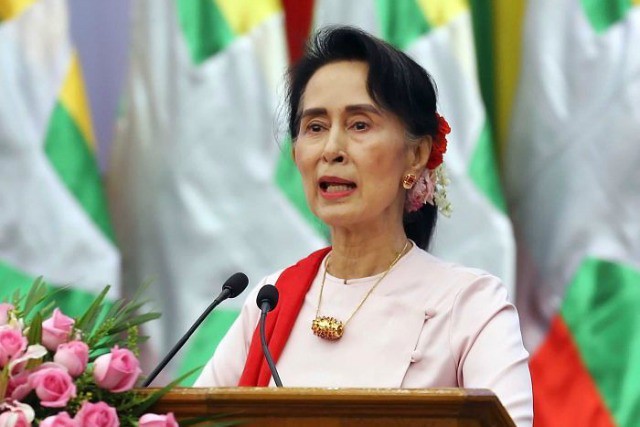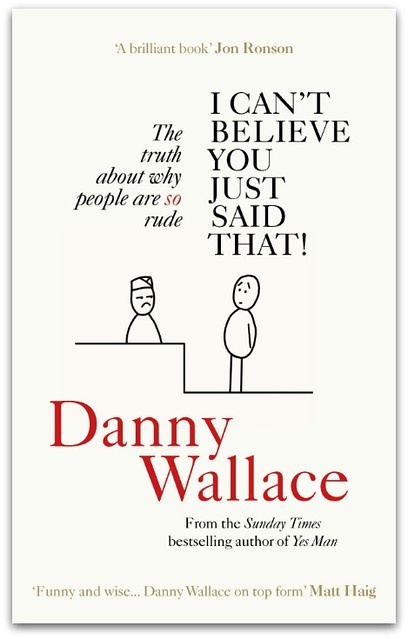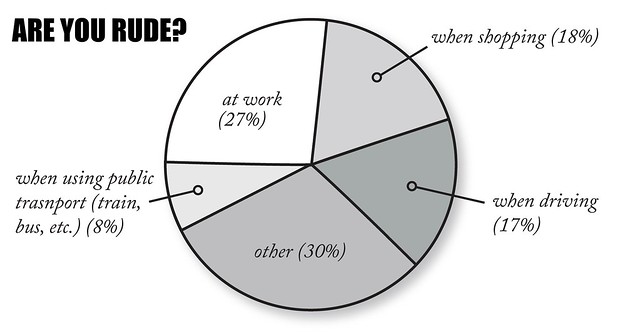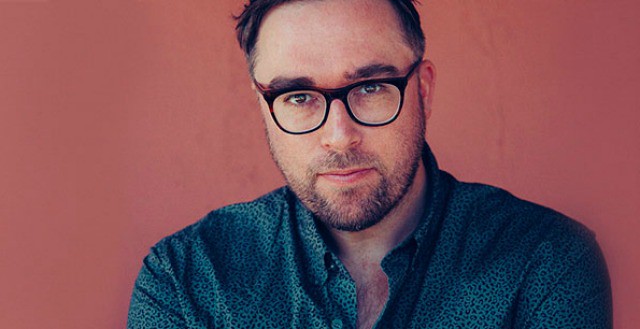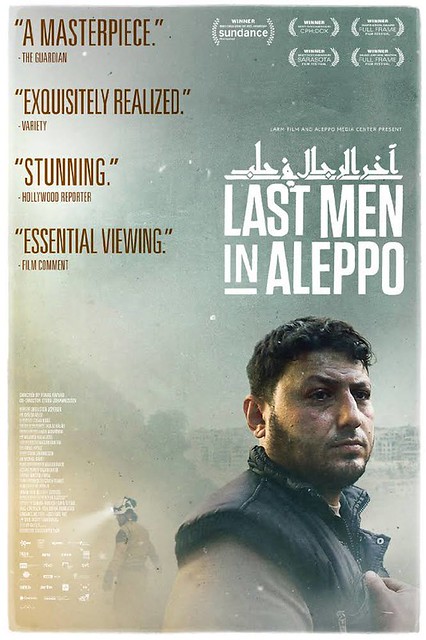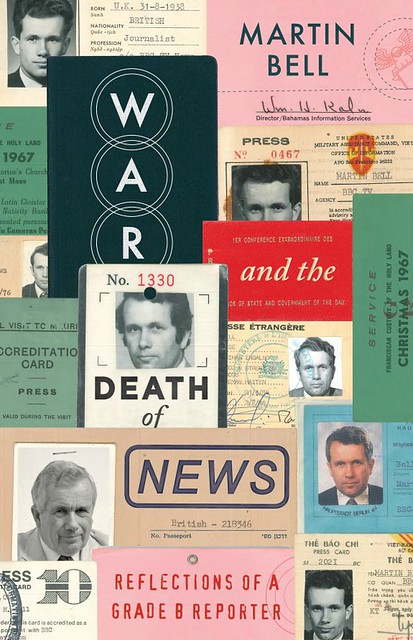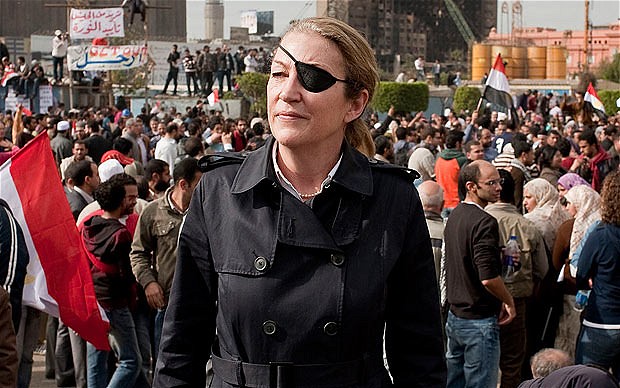I think I'm what you would call a bank nerd. I count the number of accounts I have rather than the amount of money they contain. There's no doubt that the accounts count produces a more remarkable figure.
I have accounts with twelve banks in Australia and one in France. I am proud of the fact that I avoid fees in all but my French account and that I have the best ongoing savings interest rates on the market.
It's something I learned from my father. I remember he shopped around for the best deals and switched his business from the Bank of NSW (now Westpac) to CBC (NAB) at a time when most families were loyal to the one bank for generations.
He encouraged us to save our pocket money and to invest in a quasi-bank that was known as a Permanent Building Society, which offered seven per cent interest. Then he got us to switch to another that offered nine.
I'm thinking about this because yesterday one of my banks - ING - informed its customers that we would need to make at least five transactions per month on our debit cards in order to keep our currently high 2.79 per cent interest rate.
I exercised my mind and found a solution to that one. But I'm still coming to terms with the ethics and practical challenges posed by Citibank's changes to its credit card rewards program.
Citi's rewards now direct its clients towards its 'partner' merchants. Before the changes, certain cards earned one point for every dollar spent anywhere. Now there's one point if they shop at Coles or Woolworths and zero points if they shop at IGA.
I sometimes wonder whether such nerd - or maven - behaviour enhances the personal wellbeing of the nerd, or of society in general.
I think it does. Because some of us are more demanding of businesses, they are kept on their toes and are less likely to exploit the non-nerds. If everybody was a bank nerd, the banking royal commission would not be necessary.
I have been trying to convince a friend to stop paying ANZ the $5 a month fee for a basic account and switch to an account elsewhere that offers interest and no fee. But he just laughs and tells me to get a life.
The problem is that dismissing the need to be more engaged in our consumer behaviour plays into the hands of greedy businesses, especially those that are prepared to behave unscrupulously.
Many banking customers get a much worse deal than my friend when the self-interest of their trusted financial advisors causes them to accept bad advice that is destined to cause them financial pain down the track and diminish their personal wellbeing.
I know what it's like to be overwhelmed by all the choices we have as consumers. I have no interest in studying the detail of either home and contents or health insurance products. As a result, I pay a lot of money for insurance that undoubtedly serves the needs of the companies much better than it does mine.
